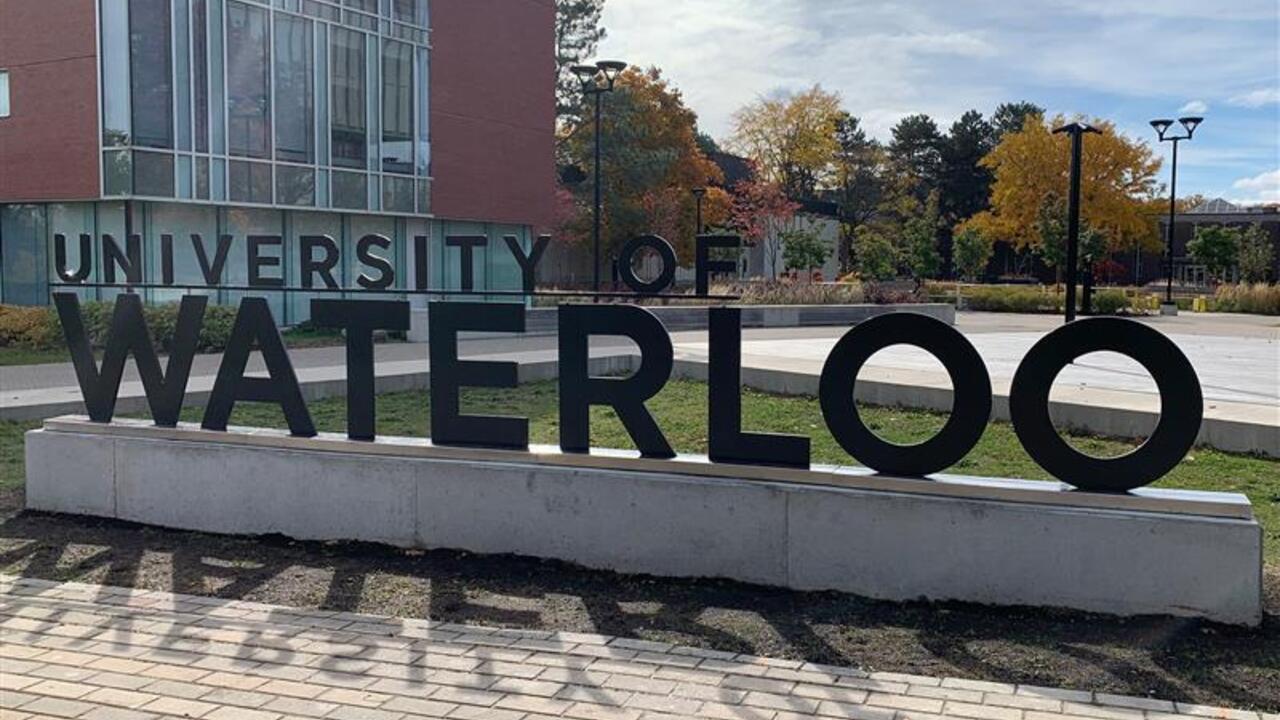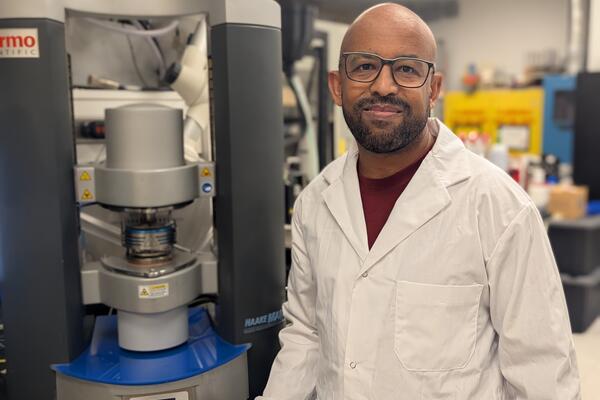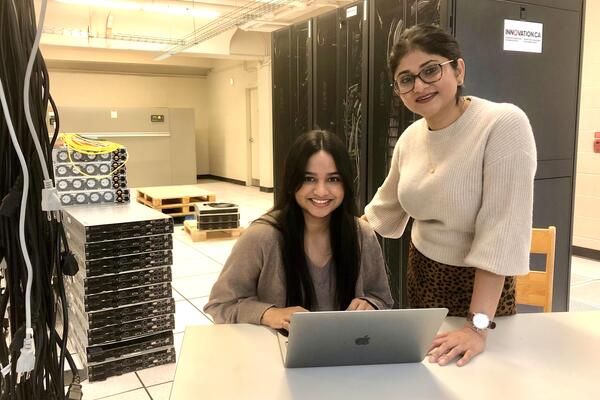In a study recently published in Energy, Waterloo engineers found a way to capture waste energy from service vehicles, such as buses or refrigerated food delivery trucks, as they are slowing down.
They also figured out how to use that energy to replace the fossil fuels that are currently needed to operate secondary systems, such as air conditioning or refrigeration units, when the vehicles are stopped and idling.
“An idling vehicle essentially operates at five per cent efficiency, meaning the vast majority of the fuel a bus or delivery truck uses when it is stopped is being wasted,” said Amir Khajepour, a professor of mechanical and mechatronics engineering at Waterloo and the study’s lead author. “By harnessing the energy a vehicle wastes as it is slowing down and redirecting it to a secondary battery system, these vehicles can be turned off without shutting off systems such as refrigeration and air conditioning units.
As part of the study, researchers examined the various driving, braking and idling patterns of service vehicles. Using computer models and engines hooked up to secondary battery systems in their lab, they then simulated the routes service vehicles followed to determine how best to collect and use waste energy.
The research focused on service vehicles, because unlike passenger vehicles, they have significant auxiliary power needs for systems like refrigeration, which account for a significant portion of the vehicles’ total fuel consumption.
“Given that most companies or governments cannot afford to transition their entire fleets over to cleaner vehicles all at once, this system could represent a cost-effective way to make current vehicles more fuel efficient in the short term,” said Khajepour.
The money saved from fuel savings has the potential to pay for the new secondary power system in one-to-two years, he said.








